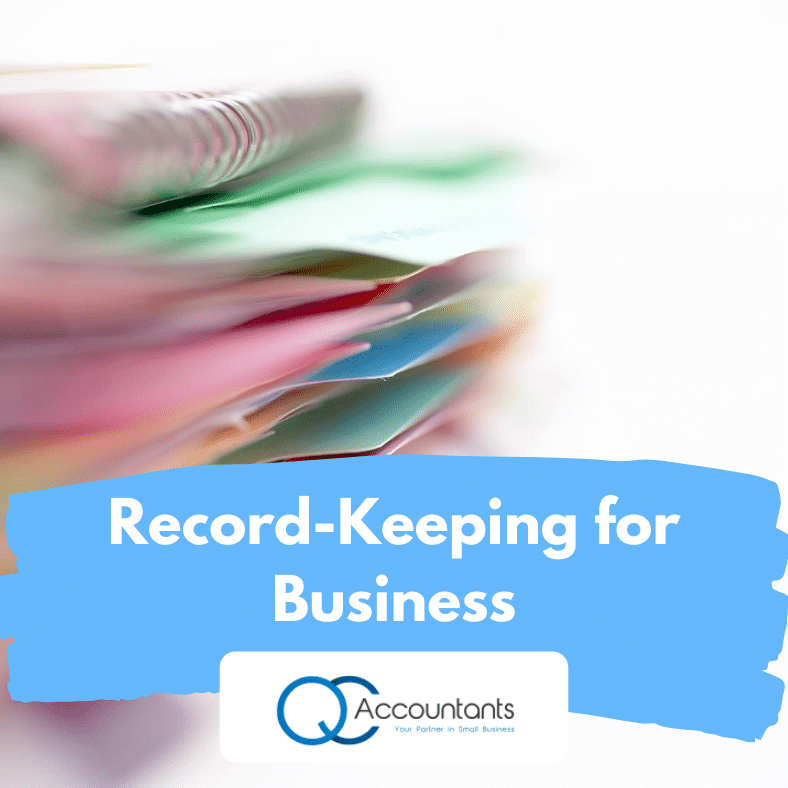The start of the financial year is a great time to review and understand the requirements of record-keeping for business. If you can stay on top of your record-keeping throughout the year, you’ll have less of a headache come tax time next year. Not only that, but sound record-keeping in your business will enable better cash flow management.
Let’s take a look at best practices of record-keeping for business, and how you can stay on track throughout the year.
Which Records do I Need to Keep?
Records are required wherever there’s activity relating to:
- Starting your business
- Running your business
- Changing your business
- Selling/ Closing a business
Records that relate to both business and personal use need to show which portion is relevant to the business.
Keep records that relate to your business income and expenses. You should also keep records of estimates/ methods/ calculations of your business’ tax and super affairs.
Make record-keeping a part of your daily business operations to stay organised and within legal requirements.
How to Keep Records
As a general rule, you need to keep records for 5 years from when you prepared/ obtained the record, or completed the transactions/ actions related to the record – whichever is later. There are some exceptions to this rule in individual circumstances.
It is acceptable to store records digitally, provided they are held within an encryption system, password-protected and indexed or labelled in an easily accessible way. They must be in English or easily converted to English. The ATO recommends keeping records digitally.
Bear in mind that the ATO may need to access your records, so it’s important to file and manage them in a way that the information can be easily extracted and reviewed.
How QC Accountants can Help
As a business, you can keep your records, but working with a registered tax or BAS agent may be a viable option for you, in terms of collecting, filing, and managing your records.
QC Accountants can help by collecting and managing your records. If we also conduct your tax return it can be beneficial and time-saving if we’ve been managing your records. In any case, you should regularly verify that you’re meeting your record-keeping obligations.
The ATO has a handy record-keeping evaluation tool online for businesses.
If you’d like to discuss our capabilities for managing your records, please get in touch. We’d love to hear from you.








